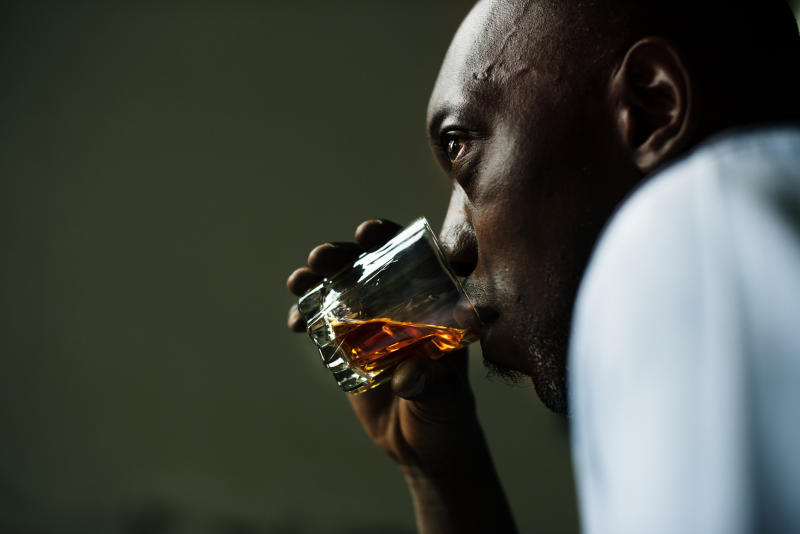×
The Standard e-Paper
Home To Bold Columnists

India recently cut back on Astra Zeneca vaccines exports due to a surge in infections at home.
The impact of the move, experts say, has began to be felt worldwide. Scientists are now exploring the possibility of mixing vaccines to ensure vaccination against Covid-19 continues despite the medical crisis in India.